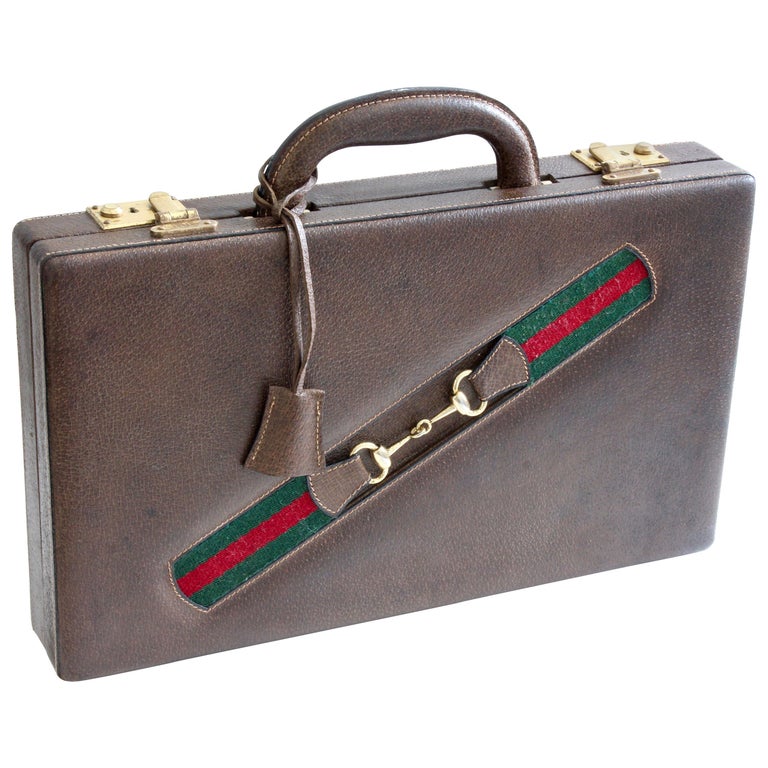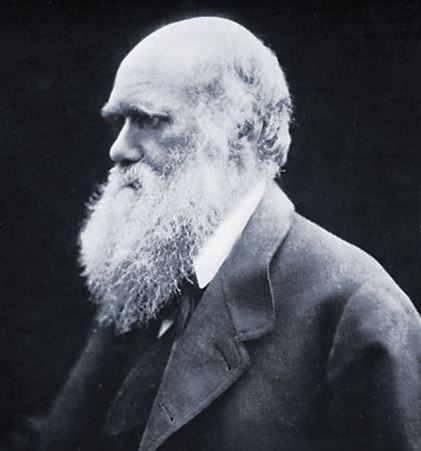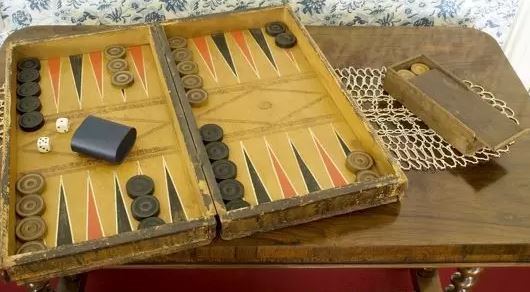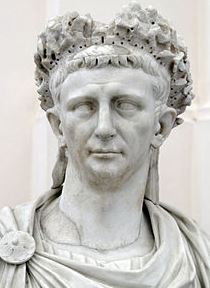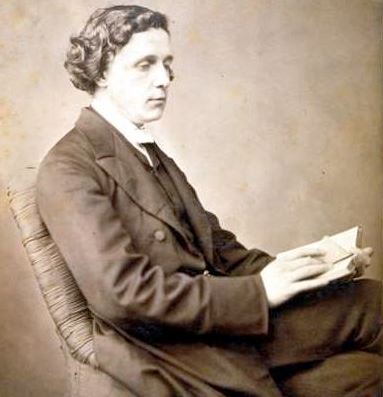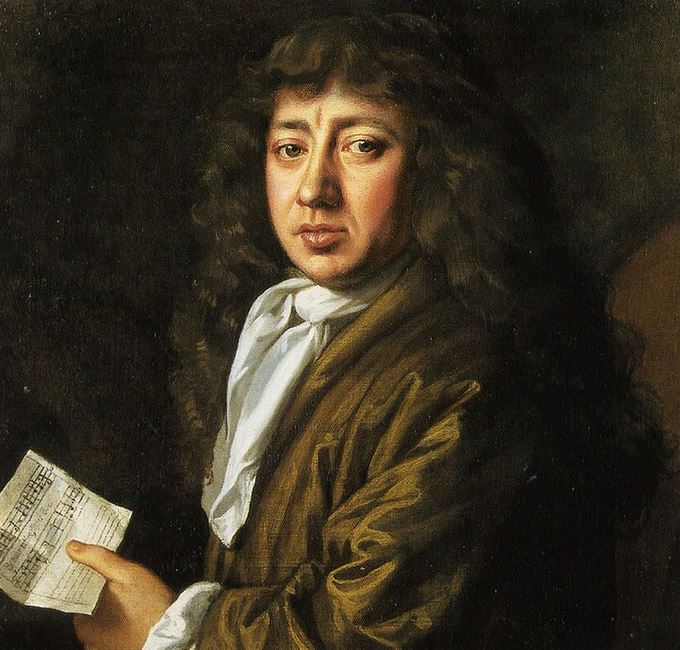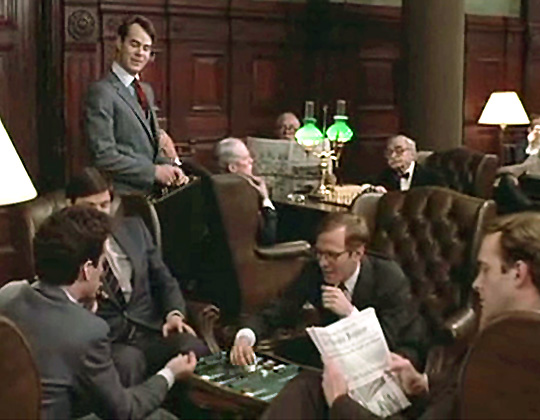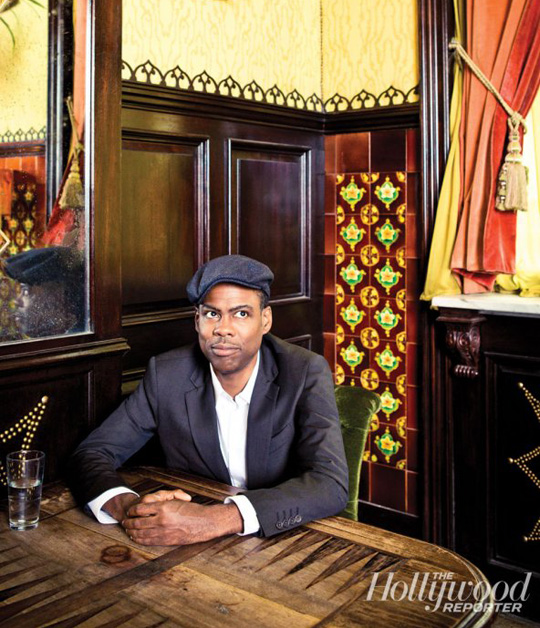Famous Historical Backgammon Players
Published August 3, 2019 by Jason
Last updated on December 29, 2021
This is something a little different from Deluxe Backgammon. In this week’s post, we will take a look at some famous historical figures that were keen backgammon players. In some instances, we may even get to have a glimpse at the quality backgammon sets that these individuals owned and used. This is a post that we will add to gradually over time.
Charles Darwin
Charles Darwin (b. 12 February 1809 – d. 19 April 1882) was an English naturalist best known for his contributions to the science of evolution. His theory that all species of life have descended over time from common ancestors is now widely accepted. His most famous piece of published work was the 1859 book
On the Origin of Species.
Charles Darwin
Darwin lived his life according to a strict schedule. This included two games of backgammon with his wife, Emma, every evening between 8 and 8.30 pm. He even recorded the results of every game they played. In Down House, where Darwin lived for many years, there is a backgammon set on display in the drawing room.
Backgammon set, Down House
Winston Churchill
Sir Winston Churchill (b. 30 November 1874 – d. 24 January 1965) was a British politician, army officer, and author. He was most famous for his outstanding leadership during the Second World War. He was twice Prime Minister of the United Kingdom from 1940 to 1945, and again from 1951 to 1955.
Churchill was born into an aristocratic family with mixed English and American heritage. As a young man, he joined the British Army and saw action in a number of conflicts. In the early 20th century he entered politics and continued to serve as an MP until just before his death in 1965. He is widely considered one of the most significant figures of the 20th century.
Sir Winston Churchill
Churchill was known for his structured routine. His long working hours were punctuated by three-course lunches, dinners and drinks. A favourite afternoon activity would be to play backgammon or cards with his wife Clementine. Churchill also recommended backgammon to the Royal Navy during the Second World War, saying, ‘I have no doubt it would amuse the sailors’.
Roman Emperor, Claudius
Claudius (b. 1 August 10 BC – d. 13 October AD 54) was a Roman emperor from AD 41 to 54. He was born in Lugdunum in Roman Gaul and was the first Roman emperor to be born outside of Italy. He was born with a limp and slight deafness due to an illness at a young age and his family ostracized him from public office until his consulship, shared with his nephew Caligula in AD 37.
Although he lacked any military experience, the most notable attribute of a Roman emperor, he managed to coordinate the conquest of Britain in AD 43. As ruling Emperor, he actually visited his new province of Britain, before returning to Rome in triumph. As well as Britain, Claudius added a number of other territories to the Roman Empire.
Roman Emperor, Claudius
Claudius was extremely fond of the game known as ‘
Ludas Duodecim Scriptorum‘, a forerunner of the modern game of backgammon. He was so entranced with the game that he ordered a board to be built on his chariot so that he could play when he travelled.
Lewis Carroll
Lewis Carroll was the pseudonym of English writer, Charles Lutwidge Dodgson (b. 27 January 1832 – d. 14 January 1898). Dodgson was a writer, mathematician, logician, Anglican deacon (Reverend), and photographer. He attended Oxford University and graduated first in his class in Mathematics. Dodgson could have embarked on a lengthy academic career, but instead became a country parson.
Lewis Carroll
It was as a writer of children’s fiction that Dodgson is best remembered. His most notable works were
Alice’s Adventures in Wonderland and its sequel
Through the Looking-Glass. Dodgson was also a keen backgammon player. He published the rules for a number of backgammon variants, including ‘Cooperative Backgammon’, which involved rolling three dice.
Thomas Jefferson
Thomas Jefferson (b. 13 April 1743 – d. 4 July 1826) was one of the Founding Fathers of the United States. He was a statesman, diplomat, lawyer and architect who served as the third president of the United States from 1801 to 1809.
Jefferson was the primary author of the Declaration of Independence. The document announced that the US Colonies at war with Great Britain would regard themselves as independent sovereign states, no longer under British rule.
Thomas Jefferson
In early life, Jefferson was a keen gambler and kept records of his wins and losses in his account books. There were a number of references to the results of backgammon
matches. Some of which were dated during the time that the Declaration of Independence was being drafted.
Samuel Pepys
Samuel Pepys (b. 23 February 1633 – d. 26 May 1703) was an English naval administrator and Member of Parliament. He is most famous for the detailed private diary that he kept from 1660 until 1669. The diary was first published in the 19th century well over a hundred years after his death. The diaries gave an incredibly detailed account of everyday life during the English Restoration period.
Samuel Pepys
The diary recorded, in detail, such notable events as the Great Plague of London, the Anglo-Dutch war and the Great Fire of London. Aside from the significant national events, Pepys commented in detail on his day to day activities. This provides historians with a great insight into the lives of typical Londoners in the 17th century. The diary also included some rather sordid detail regarding Pepys’ numerous infidelities.
We know that Pepys was a backgammon player because he mentions it in his diaries. At the time the game was popularly known as tables. Pepys makes several references to the game in his diaries, including one instance where he lost a crown gambling with Lord Bruncker.






